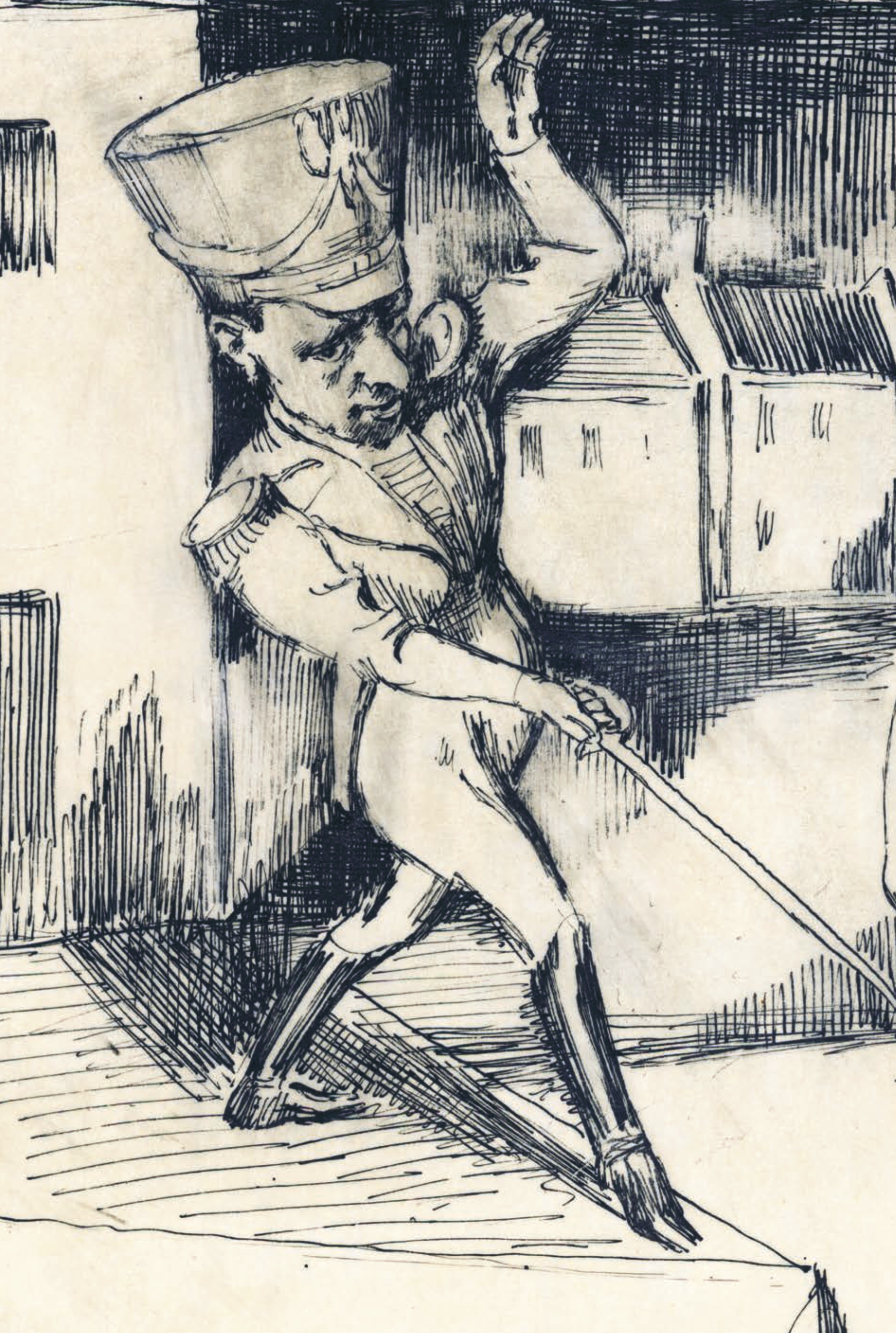Na rzecz niezgodności
In Favor of Disagreement
Author(s): Helena HejmanSubject(s): Language and Literature Studies
Published by: Fundacja Terytoria Książki
Keywords: Schulz; disagreement; interpretation
Summary/Abstract: Consensus is almost illiterate, while disagreements flow as statements. Disagreement includes nods, paraphrases, and better or worse reproductions of the same, while disagreement appears as a clever orchestration of arguments, novel insights, nimble grasping of words and quotations, designed to raise doubts in the certain, convince the unconvinced, drag the right (as opposed to the truth which is quite flexible) to a particular side, overtly or in passing betray the scientific or ideological credo of the person arguing. "Yes" is a monosyllable, "no" is a spectacle. In agreement (even rhetorical), "I" at least fades (passing into the consensual second person plural), meanwhile, in an argument it resounds strongly, also grammatically. Is it hard to agree with this juxtaposition? A reading of the block of texts documenting schulzological confrontations and disputes in this issue may lead to such glaring conclusions. To offset the asymmetry that shows agreement as a less eloquent attitude, let's use another general observation that it is from the agreement of schulzologists on the relevance of Schulz's writing (by no means tacit) that their (equally eloquent) disagreement on the question of interpretation itself stems. Schulz, of course, is not merely a pretext for erudite-writing-eristic showing off. The philosophical, theoretical-literary or metacritical implications of his writings require authorial replications and bold methodological visions. In this regard, Schulz enters into numerous and comprehensive dialogues with the academic monologues of his interpreters/interpreters, exactly as all (not so many) "writerly" authors do. Speaking about their work is not a gratuitous act; interpretation emerges anyway from the point of view and sometimes even the "human condition" of the one who writes - the interpreter, the exegete, the philosopher, the chronicler, the literary scholar (by whatever "third names" they call themselves). The dispute over Schulz – as an accomplice in the thinking of his commentators – becomes a dispute over interpretation - and vice versa, provoking a panoply of successive acts of assent, protest, empathy, capture, misreading, synthesis, etc., as evidenced by articles that expand the horizon of the work (in the section with this title).
Journal: Schulz/Forum
- Issue Year: 2022
- Issue No: 19-20
- Page Range: 3-4
- Page Count: 2
- Language: Polish

